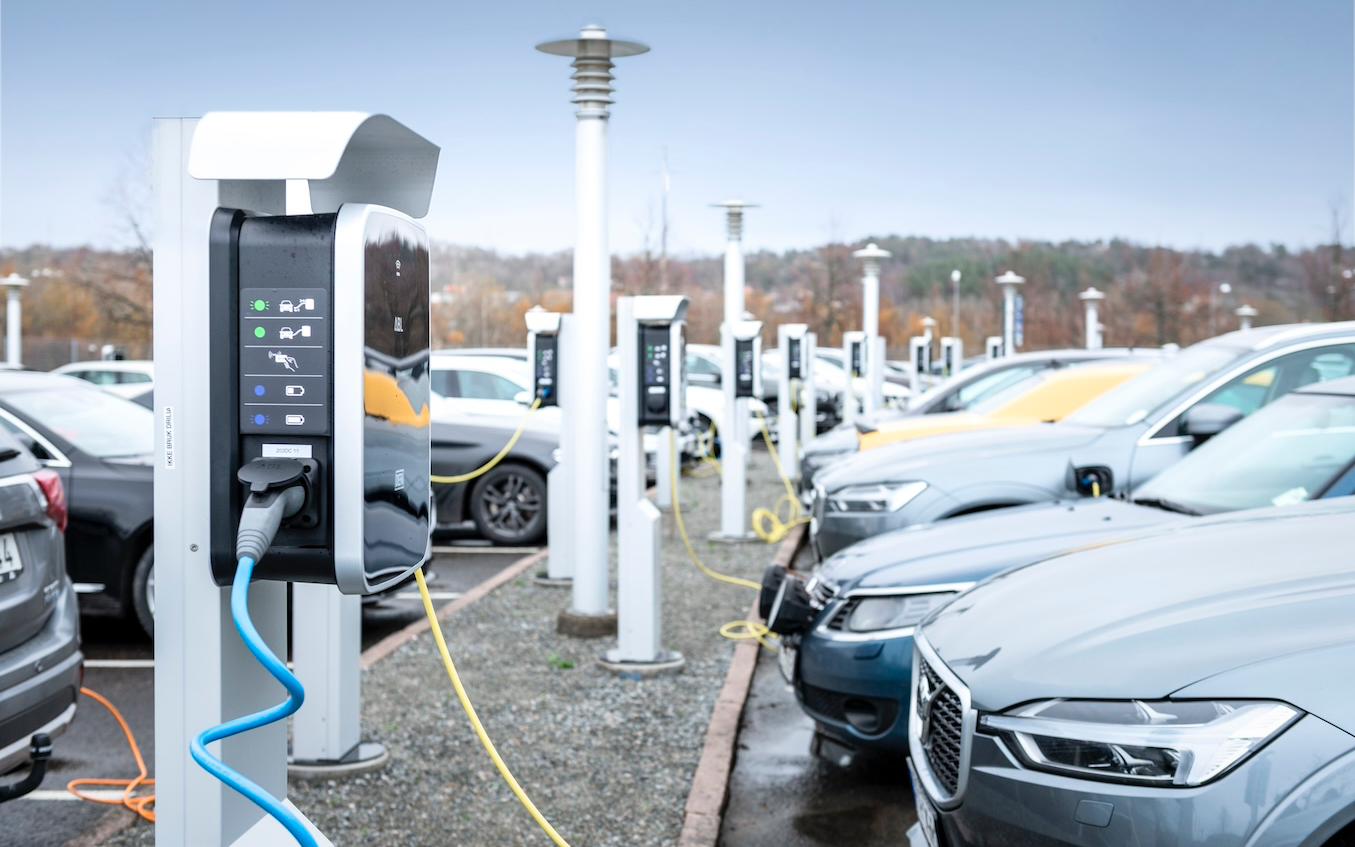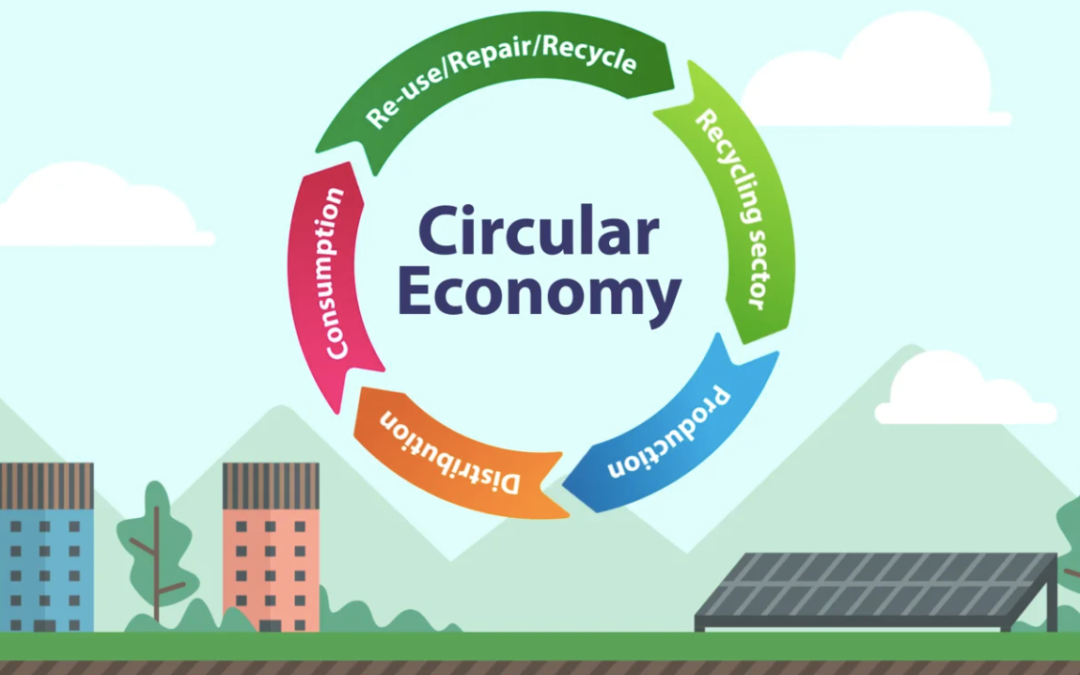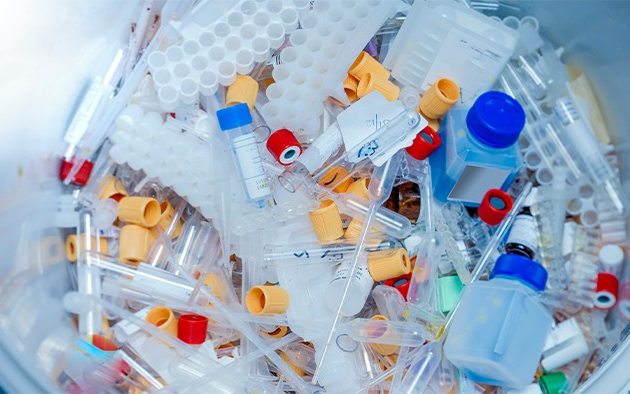Driving force behind switch to electric vehicles moves up a gear. Is pharma ready?
By Chris Wheal
July 11, 2024

Some pharma firms are taking the lead on EVs. Pic credit: AstraZeneca
International electric vehicle (EV) campaigner The Climate Group is pushing for the EU to force firms with fleets of vehicles to switch to EVs.
“We strongly call on the European Commission to develop zero-emission corporate fleet targets for light, medium and heavy-duty vehicles, based on a thorough impact assessment. These targets shall be complemented by enabling conditions to allow businesses to fulfil the mandate, including sufficient supply of zero-emission vehicles (ZEVs) and consistent deployment of charging infrastructures across the EU,” it said last week.
The new Labour government in London has committed to decarbonise the electricity grid in the UK by 2030. An early appointment was Chris Stark, former chief executive of the Climate Change Committee, to head a new Mission Control “tasked with turbocharging the UK to clean power by 2030”.
This week The Climate Group added a call for local governmental action to force trucks to switch to electric too. The pressure is mounting.
Electric vehicles in pharma
The Climate Group has a long-running EV100 project encouraging businesses to switch their fleet cars to EVs. Several pharma giants are already committed and making progress. Each stated its individual target when joining. The latest EV100 report, which covers reporting in 2023, updates each firm’s progress towards its own target. Pharma firms involved include:
- AstraZeneca (joined 2019). Target: transition its directly controlled fleet to battery electric vehicles (BEV) by the end of 2025 where technically feasible. 2023 report: 34% of 20,494 vehicles
- Bayer (joined 2022). Target: transition its fleet of approximately 26,000 vehicles to electric by 2030. 2023 report: 15% of 25,335 vehicles
- Gilead Sciences (joined 2021). Target: commits to electrifying its fleet of 2,475 vehicles where technically and economically feasible and support staff EV adoption by deploying EV charging stations by 2030. 2023 report: 1% of 3,423.
- GlaxoSmithKline (joined 2020). Target: transition its fleet of 19,000 vehicles to EV and install charging at 100 locations for staff by 2030. 2023 report: 15% of 14,563 vehicles.
- Novartis (joined 2021). Target: transition of fleet to electric vehicles where technically feasible by 2030. 2023 report: 16% of 16,855 vehicles.
- Novo Nordisk (joined 2019). Target: transition its fleet of 8,000 vehicles to EV by 2030. 2023 report: 8% of 9,516 vehicles.
Tough targets
AstraZeneca was one of the first to sign up and, with its target date being 2025, it has set itself the toughest of schedules. It may have to rely on its “where technically feasible” caveat in some cases.
An AstraZeneca spokesperson told PharmaLifeScience: “As part of our Ambition Zero Carbon programme, we have set ourselves the bold target to transition our company leased and owned fleet to battery electric vehicles (BEV) where technically feasible by the end of 2025.
“By the end of 2023, 35% of our total global fleet of over 20,000 cars was BEV, including 50% of our fleet in Europe, Canada and Japan. Since then over 50% in the USA and over 60% in the UK and Ireland have transitioned to BEV. We still face challenges in our global transition to BEVs, including in some parts of Europe and North America in places where public charging is sparse. This is a much larger challenge in Africa and South America, where in addition to charging availability, vehicle supply and range are a challenge.
“While there is some way to go before moving to BEVs is a viable option across all our markets, over the past couple of years there have been improvements in both vehicle range and availability of fast charging. Teams across our marketing companies, supported by our drivers, continue to deliver on our BEV transition, driving emissions reductions across our sales force.”
Charging points
Of the firms examined, only GSK had reported to EV100 that it had fitted charging points at any sites. It stated that while its EV commitment covered all its sites, 30% had charging points.
GSK’s own 2023 ESG report said: “Plug-in-hybrid or fully electric vehicles made up 6% of our sales fleet and 16% of our total fleet in 2023. We have chargers at 30 major sites and have increased the number of charging points to nearly 500.”
To put that in context, public charging point monitor ZapMap reports: “At the end of June 2024, there were 64,775 electric vehicle charging points across the UK, across 33,829 charging locations. This represents a year-on-year increase of 46% in the number of public devices, with 20,367 installed since June 2023.”
In January 2023, Ireland’s minister for transport, Eamon Ryan, launched the Electric Vehicles Charging Infrastructure Strategy 2022 – 2025. It claimed its €100m spend would increase the number of public charge points from approximately 1,700 in September 2022 to somewhere between 2,540 and 4,850 by 2025.
A spokesperson for Novo Nordisk told PharmaLifeScience: "We are making good progress in converting our fleet to EVs and are optimistic that we can reach our 2030 commitment. Our current status is approximately 20% EVs in the company’s fleet. The speed of transition is also subject to the duration of lease contracts and global regions’ maturity."
Driving change
Cynics say electric vehicles (EVs) are designed to save the car industry not the planet. The naysayers point to the mining of the battery minerals and the damage to roads – and potential collapsing car parks – caused by the heavy weight the batteries add to cars and vans. And if you travel long journeys the lack of charging points is a problem.
But King Cnut knew he couldn’t hold back the tide. Switching to EVs would be a small step, but a start. How is the rest of the pharma sector driving towards sustainability goals?







.png)